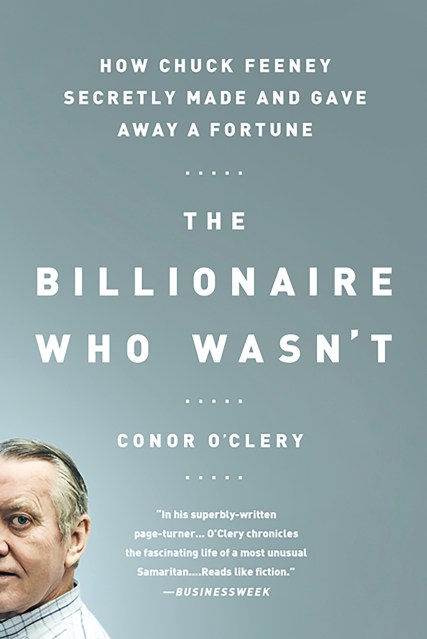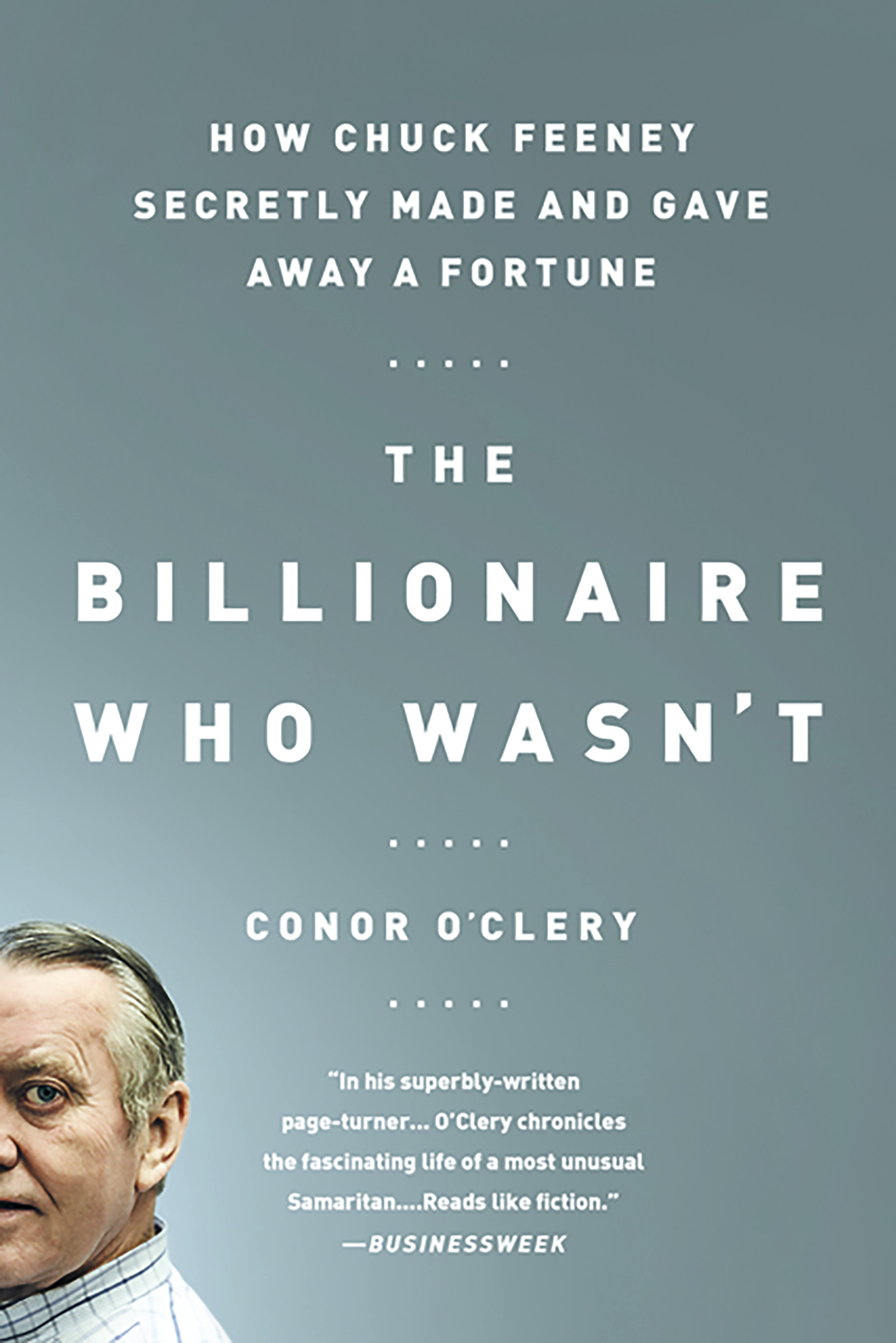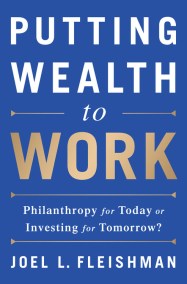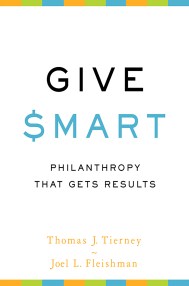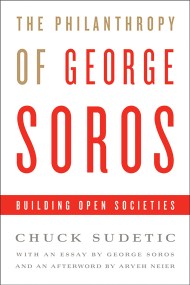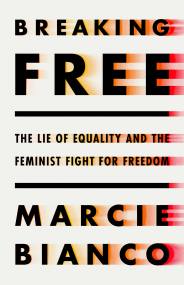Promotion
Use code MOM24 for 20% off site wide + free shipping over $45
The Billionaire Who Wasn't
How Chuck Feeney Secretly Made and Gave Away a Fortune
Contributors
Formats and Prices
Price
$21.99Price
$28.99 CADFormat
Format:
- Trade Paperback $21.99 $28.99 CAD
- ebook $14.99 $19.99 CAD
This item is a preorder. Your payment method will be charged immediately, and the product is expected to ship on or around August 27, 2013. This date is subject to change due to shipping delays beyond our control.
Also available from:
Genre:
- On Sale
- Aug 27, 2013
- Page Count
- 432 pages
- Publisher
- PublicAffairs
- ISBN-13
- 9781610393348
Newsletter Signup
By clicking ‘Sign Up,’ I acknowledge that I have read and agree to Hachette Book Group’s Privacy Policy and Terms of Use
